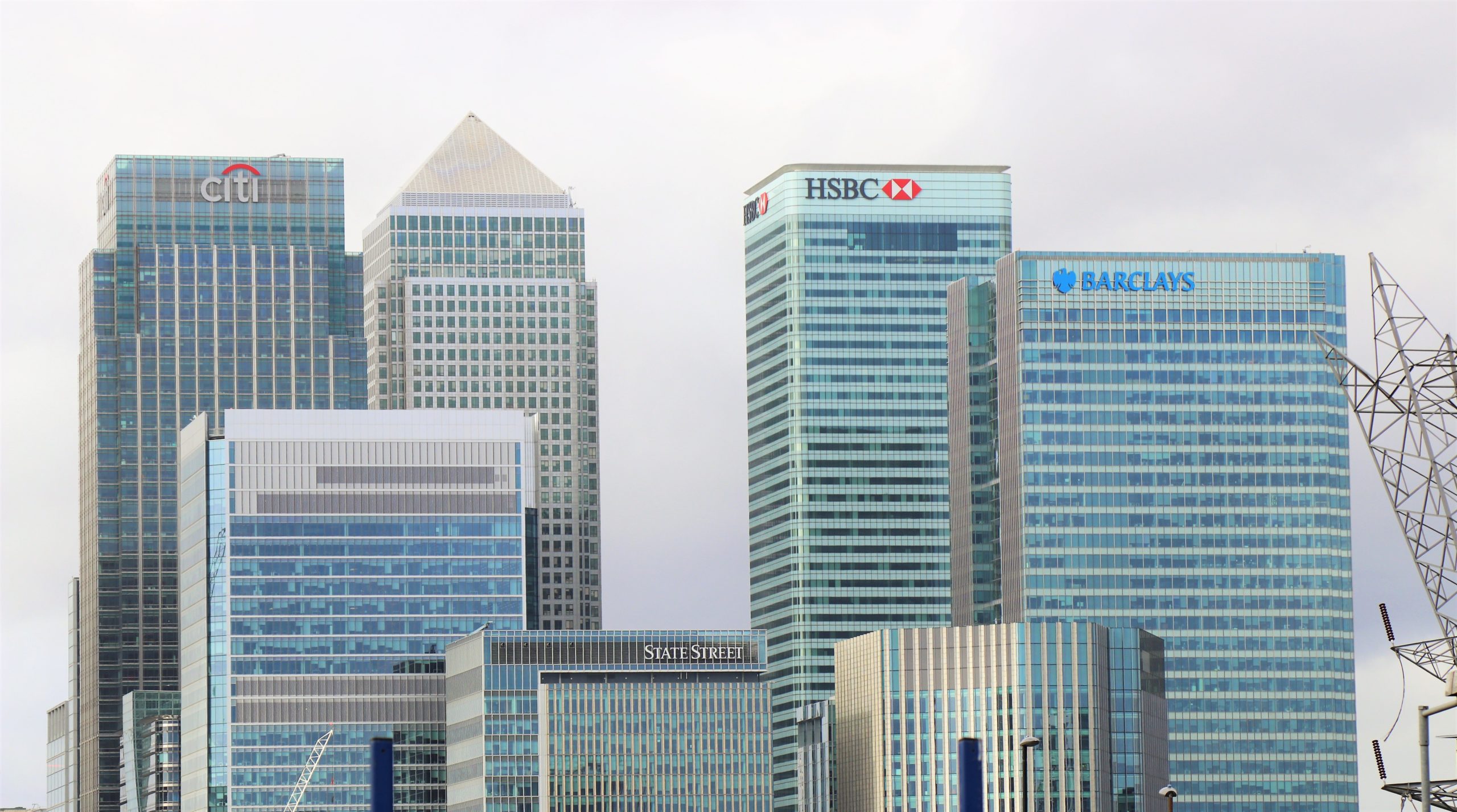
By Professor Andy Mullineux
Department of Finance, Lloyds Banking Group Centre for Responsible Business
The government’s response to the COVID-19 pandemic provides the UK’s banks with a real opportunity to re-build their reputations. The 2007-9 financial crisis and subsequent miss-selling and market-rigging scandals, like PPI and Libor, did enormous damage to the industry. But by embracing their public duties and social responsibilities at this time of national crisis, they could restore trust with the public – many of whom see it as ‘payback time’ for taxpayers who bailed out banks in 2008 and suffered over a decade of austerity as a result.
So far the government has rapidly introduced numerous state-funded schemes to be administered by banks, which aim to help households pay their bills and small and medium-sized enterprises (SMES) to stay in business and pay wages. In tandem, the Bank of England has introduced schemes to provide liquidity through longer-term bonds and shorter-term commercial paper purchases from the most credit-worthy corporations, while lending to the banks at very low rates on the condition that they on-lend to SMEs.
The banks have had to rapidly respond to these various initiatives, while adapting their operations to homeworking and a restricting service at their branches. Not surprisingly, their call centres and online systems have been swamped, and their ability to fully inform and train staff adequately is severely impaired. But while public expectations have naturally been raised by the government’s announcements, it’s important to be realistic about what banks can and should provide.
Banks are being urged to increase access to finance for retail customers (households and SMEs). But as responsible lenders, they need to be sure that borrowers can reasonably afford to repay any loans and credit provided. And in order to protect their depositors, shareholders and other creditors from losses, they should charge an interest rate for lending that reflects the risk of default. That’s hard to gauge in such uncertain times. Put simply, the banks’ priority is still to provide credit and loans on commercial terms, not make grants that are non-repayable – which the government could issue directly instead.
To make sure the finance they provide is as affordable as possible, responsible banks should reduce their profit margins during this difficult period. Many have already announced staff bonuses and shareholder dividends will be stopped. And almost all have ceased advancing new mortgages, which should free up substantial extra funds for lending as mortgages account for the majority of retail banking loans.
It’s too early to tell whether banks will rise to the challenge and restore public trust, but they have made a good start with regard to interest-free (authorised) overdrafts of up to £300 for three months from the 6th April. The bigger banks are also offering mortgage payment holidays for approximately three months. But there is some concern about whether these are the best options for some borrowers, as rolling over accumulated overdraft and debt repayments of any kind can lead people into a ‘debt trap’ that’s extremely hard to escape and greatly harms their wellbeing.
The banks’ willingness to lend to SMEs through the Coronavirus Business Interruption Loan Scheme, which guarantees 80 per cent of the balance lent, is being closely monitored by the Bank of England and the Treasury. But responsible banks should only lend to viable businesses and that viability is hard to gauge in a crisis. Many banks understandably want additional personal guarantees for loans over £250,000, but this potentially undermines the principle of limited liability for companies and is putting off many companies from applying.
However the government chooses to remedy these issues over the coming days, it’s clear the banks’ ability to assist in providing government grants to households and SMEs is hampered by their own safeguarding processes to act responsibly. If that public frustration continues, even the most socially responsible banks could end up unintentionally piling further reputational damage on their already tarnished industry.
